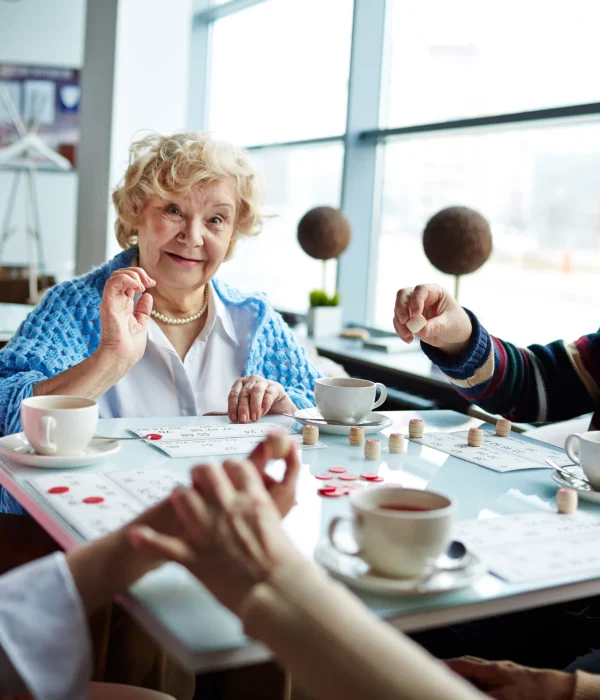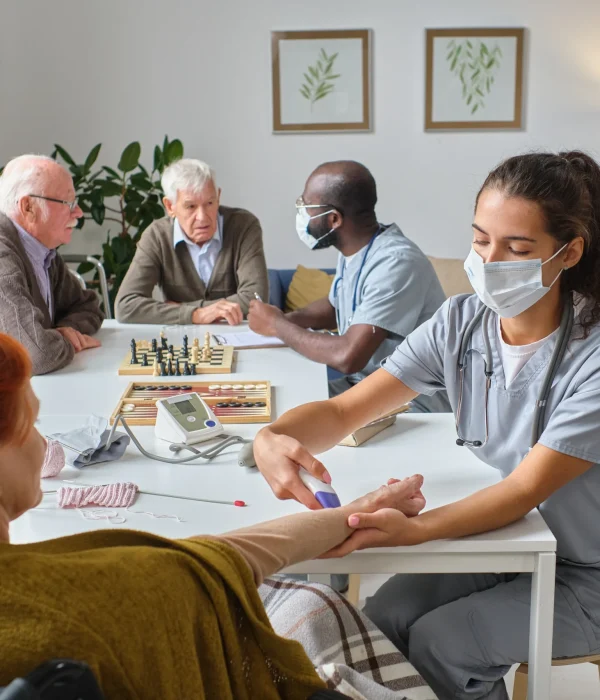Older People
Identify
Identifying the needs of older people involves recognizing changes in physical health, cognitive function, mobility, and social engagement. Signs may include difficulty with daily tasks, memory loss, reduced mobility, loneliness, and increased dependency on others for care.
Importance
Addressing the needs of older people is essential for promoting dignity, autonomy, and quality of life in later years. By providing appropriate support and resources, communities can ensure that older adults remain active, engaged, and valued members of society.
How to care
Caring for older people requires compassion, patience, and understanding. It involves providing assistance with activities of daily living, managing chronic health conditions, promoting social connections, and addressing emotional well-being. Creating age-friendly environments and fostering intergenerational interactions can enhance the sense of belonging and fulfillment for older adults.
Get Help
Getting help for older people involves accessing a range of support services, including healthcare, home care, transportation assistance, and social activities. Family members, caregivers, and community organizations can offer valuable support in navigating available resources and advocating for the needs of older adults. Additionally, engaging in proactive health management, regular screenings, and advance care planning can help older people maintain independence and make informed decisions about their future.
Previous slide
Next slide








